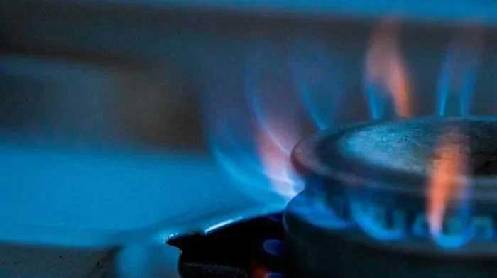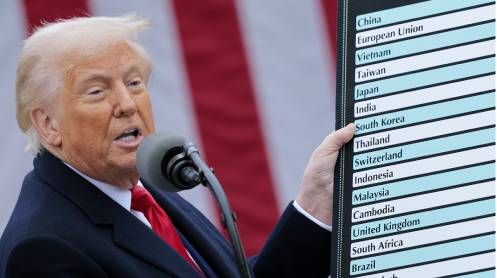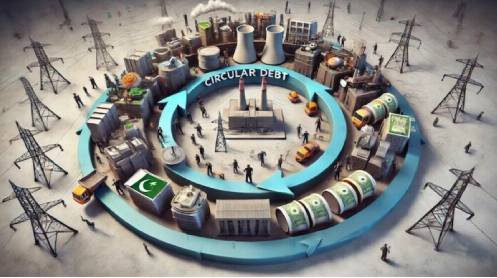KARACHI: President Karachi Chamber of Commerce & Industry (KCCI) Muhammad Jawed Bilwani, while expressing sheer dismay over the government’s decision to suspend gas supply to Captive Power Plants (CPPs) by 2025, warned that this decision taken under IMF’s agreement would lead to widespread closure of medium and large-scale industries as significant investments made in these plants would go down the drain which cannot be borne by any industry whereas the industries cannot rely on unstable electricity supply of power distribution companies.
“Shutting down captive power plants is, undoubtedly, a wrong move, therefore, the government must reconsider its decision and immediately hold negotiations with the IMF so that this particular condition to suspend gas supply to captive power plants could be withdrawn otherwise, it would cause irreparable damage to the country’s economy due to massive closure of industries”, he added in a statement issued on Wednesday.
He pointed out that the government had previously encouraged the business community to establish captive power plants and assured supply of uninterrupted gas to run these power plants as the country was going through severe electricity crises at that point in time. This encouragement led to significant investments in captive power plants, which are 64 percent more efficient than IPPs as Combined Cycle CPPs use the heat emitting out of power plants to run heat recovery boilers for generating steam whereas the emission of boilers is utilized for generating hot water.
“Not a single industrialist will be able to bear the shock of captive power plant’s closure due to gas suspension as it is a well-known fact a large number of industries simply cannot depend on K-Electric’s inconsistent and completely unreliable electricity supply which often disrupts several types of sensitive machinery and halts the entire production process for hours due to minor electricity fluctuations of a few seconds”, he said while strongly criticizing the Planning Commission which, at first, encouraged industrialists to establish CPPs and then, decided to shut all of them.
Bilwani further noted that the power distribution companies including KE were already carrying out load-shedding whereas the voltages often fluctuate after intervals due to obsolete power distribution network. In this scenario, how KE or any other power distribution company would be able to supply uninterrupted and reliable electricity to industries? he asked, adding that many industries with captive power plants were situated in far-flung areas where KE’s grid stations don’t exist. “If gas supply to captive power plants of all such industries is discontinued, all of them would have no other option but to instantly shut down their units. Captive power plants are currently producing 600 to 800 megawatts of electricity which, we fear, cannot be provided by KE because of its limited production.”, he added and asked whether the government intends to give industries free electricity connections in place of CPPs.
“With an 80:20 ratio, indigenous gas is being supplied to CPPs at the rate of Rs3,000 per MMBtu whereas the RLNG is being provided at the rate of 3,788 per MMBtu but if the captive power plants are closed, the industrial gas will either be diverted to the domestic sector or the IPPs at Rs1,500 per MMBtu, which is going to be more problematic as the government will have to bear additional subsidies in addition to enhanced line losses”, he said, adding that it was a well-known fact that by supplying RLNG to industries at the rate of Rs3750 per MMBtu, the federal government incurs zero losses which it currently bears by providing gas to domestic & other sectors. Although UFG in the domestic sector has reduced, it was only due to limited supply of gas to the domestic sector which, if provided gas on a 24/7 basis would lead to creating a disastrous situation for both gas-supplying companies.
He was confident that gas companies would incur huge losses if CPPs were closed as there would be a huge surplus of contracted RLNG which the federal government was bound to procure to fulfill its contractual agreement but there would be no buyer of this expensive gas except domestic consumers. “Even the Generation Companies (GENCOs) & Independent Power Producers (IPPs) were currently not buying gas due to substantial decrease in electricity demand. Consequently, the gas companies were facing severe issues of over-pressure”, he added while referring to a letter issued by SNGPL wherein MOL Pakistan Oil & Gas Company has been requested to reduce the gas supply of 75 MMCFD with immediate effect as SNGPL was experiencing extreme high pressure due to low gas demand by the power sector.
He further said that Pakistan was already going through severe industrial crises which can be confirmed by reviewing NEPRA’s recent report wherein it has been categorically stated that electricity consumption by the industries has gone down by 25 percent which means that IPPs and GENCOs already have excessive electricity, hence, shutting down CPPs was not making any sense. “When an industrialist sees his captive power plant becoming a piece of scrap, he will immediately shut down the production unit and there is no question that any newcomer would bother to even think of setting up an industrial unit here in such a situation. Therefore, we can easily expect the industrial performance to go down further to reach its all-time low.”
Keeping in view the gravity of the situation, President KCCI urged the government to immediately withdraw the decision to shut down captive power plants, take stakeholders on board to explore a better solution, and immediately approach the IMF for holding negotiations on this particular issue otherwise this anti-industry move would cause unhealable damages to the economy.
Gas suspension to CPPs under IMF’s agreement to trigger widespread closure of industries, warns Bilwani





